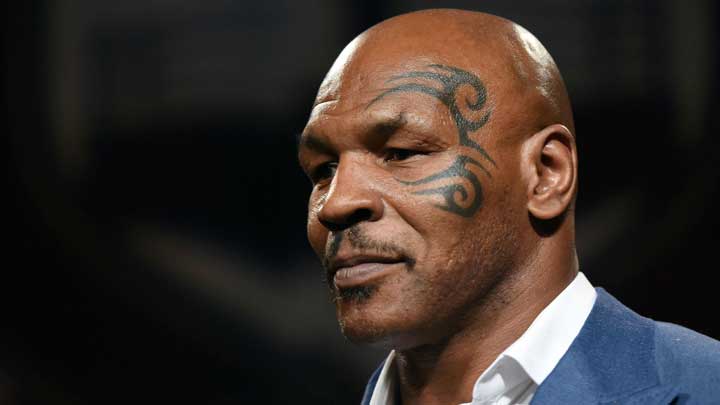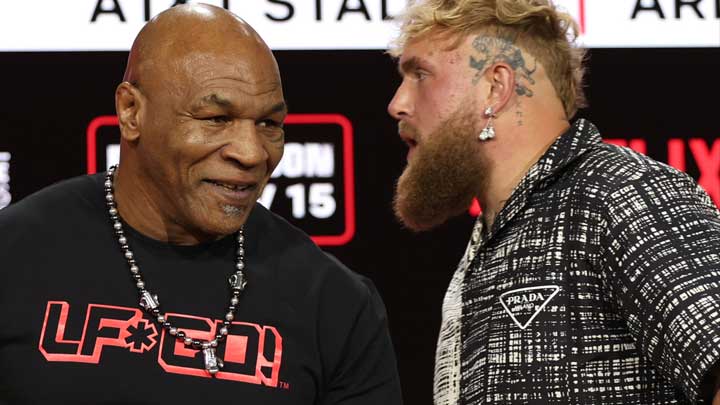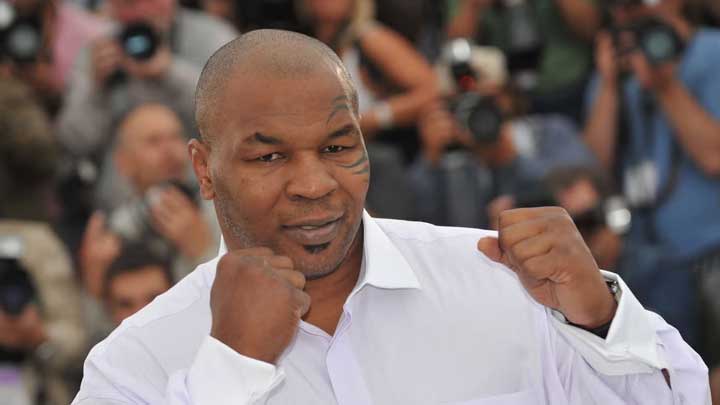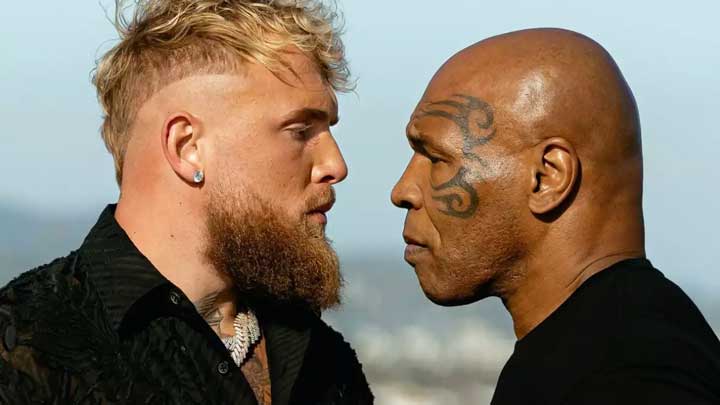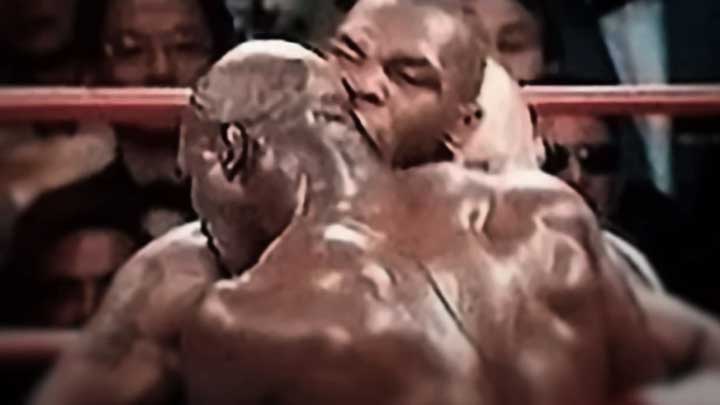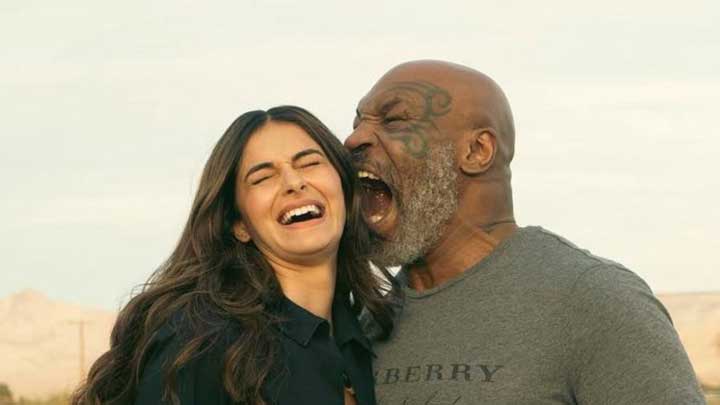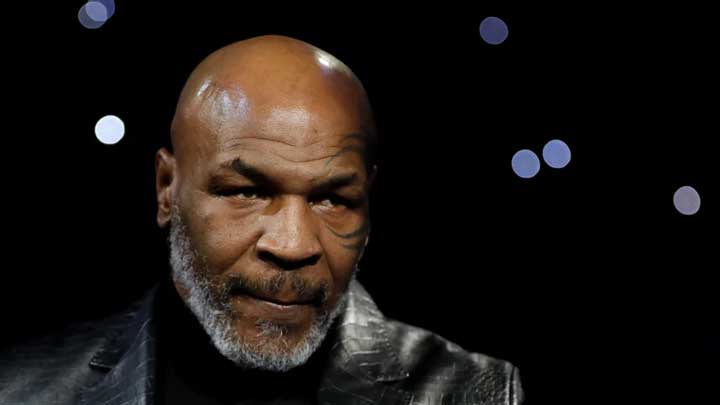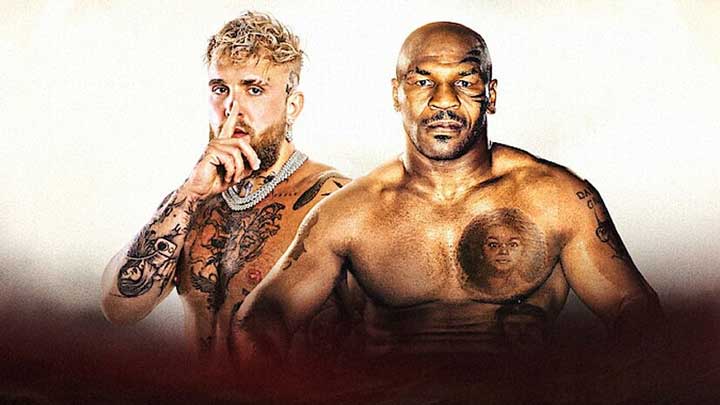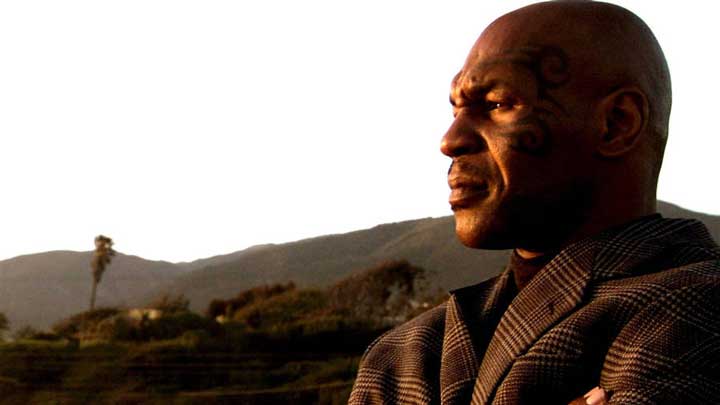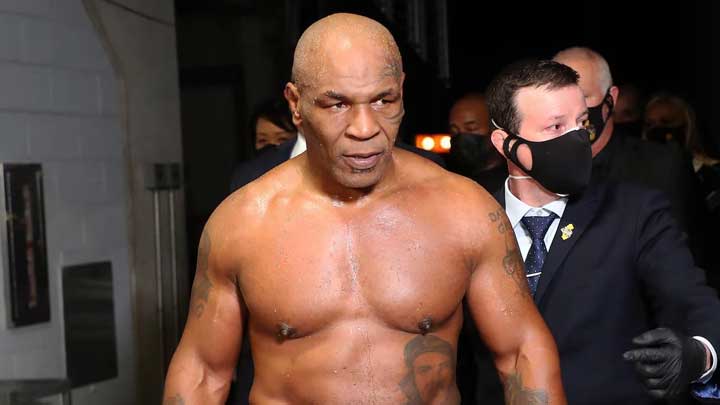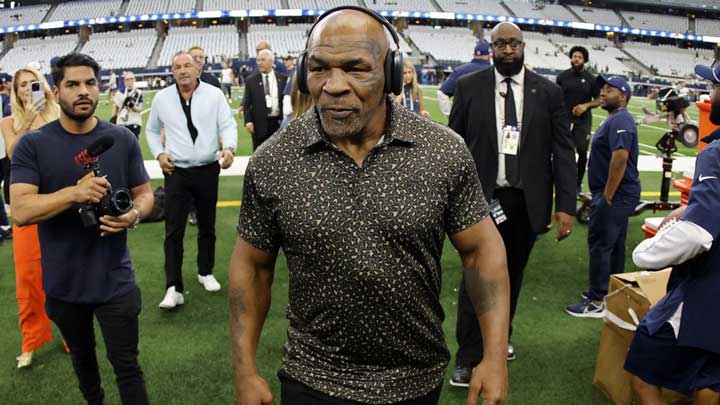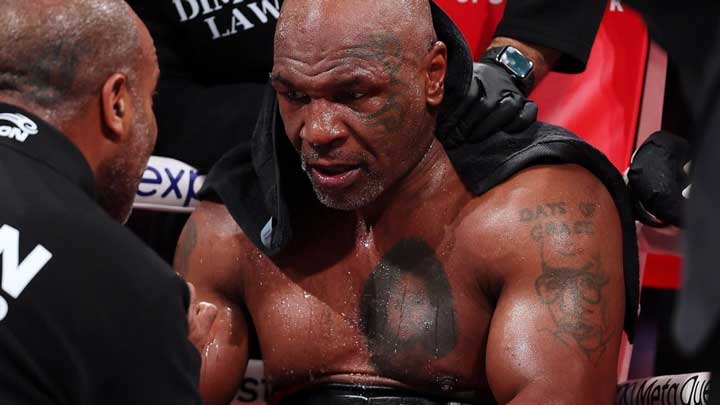
Explore Mike Tyson's layered personality through Cattell’s 16 Personality Factors—raw power, trauma, reinvention, and emotional growth.
Mike Tyson: Ferocity, Reflection, and Rebirth
Mike Tyson, the legendary boxer whose name became synonymous with raw power and ferocity, has a life story that transcends sports. The Personality Report of Mike Tyson reveals a man shaped not only by his triumphs but also by his internal battles. Diagnosed with bipolar disorder, prone to episodes of depression and uncontrolled aggression or Intermittent Explosive Disorder (IED), Tyson’s psychological struggles were as fierce as his physical fights. Rather than allowing these disorders to define his downfall, Tyson transformed his inner chaos into an unstoppable drive that catapulted him to the pinnacle of boxing history.
Throughout this deep-dive, we will examine Mike Tyson’s key psychological traits using Raymond Cattell’s 16 Personality Factors, exploring how his complex personality contributed to both his incredible success and infamous controversies. By understanding the interplay between his clinical conditions and his achievements, readers can appreciate how mental health challenges can be both a curse and a catalyst for greatness.
